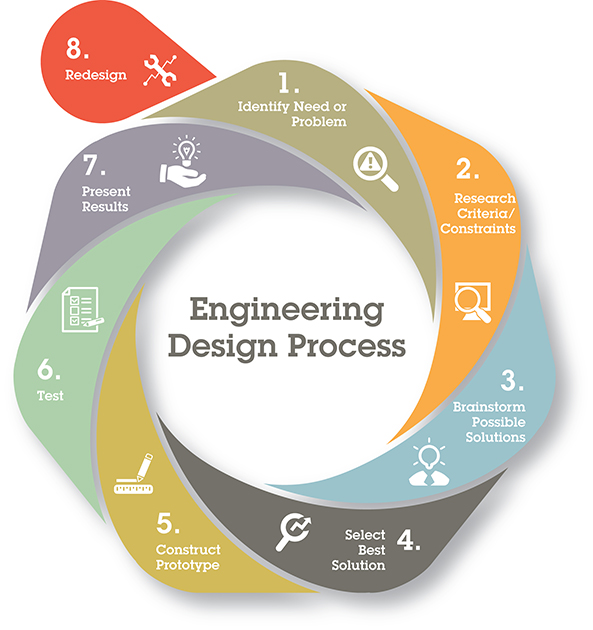Science and Innovation 
A Boeing and Teaching Channel Partnership
Engineering Design in the Classroom: Composites and Polymers for the Planet
 Polymers for the Planet
Design Challenge: Create and test a biopolymer formula
Polymers for the Planet
Design Challenge: Create and test a biopolymer formula
 Alternative Energy
Design Challenge: Test blade design to optimize a wind turbine
Alternative Energy
Design Challenge: Test blade design to optimize a wind turbine
 CubeSats
Design Challenge: Create cubesat satellite models and payloads for specific missions
CubeSats
Design Challenge: Create cubesat satellite models and payloads for specific missions
 Spy Gliders
Design Challenge: Test a glider payload that supports a mobile camera
Spy Gliders
Design Challenge: Test a glider payload that supports a mobile camera
 Biosuits
Design Challenge: Design bio suits to meet various environmental demands
Biosuits
Design Challenge: Design bio suits to meet various environmental demands
 Soft Landing
Design Challenge: Model and build a space capsule test tower and drop test using an electromagnetic switch
Soft Landing
Design Challenge: Model and build a space capsule test tower and drop test using an electromagnetic switch
The Boeing Company and Teaching Channel have been working together since 2014 to create problem-based curricula inspired by the science and engineering innovations at Boeing and informed by globally competitive science, math, and literacy standards. These modules are being released as part of a collection of K-12 education resources under development to celebrate the 100th anniversary of The Boeing Company.
Ten pairs of Boeing engineers were matched to ten teachers (grades 4-8) in Puget Sound, WA, and Houston, TX, to create 10 science modules. Each module is designed to be delivered in classrooms over a two-week period. These resources are intended to meet a critical need by teachers for content that integrates engineering design thinking and problem based learning – both of which are more strongly emphasized in globally benchmarked science standards (e.g., Next Generation Science Standards) that are currently being adopted or adapted by districts across the United States.
Teachers and engineers in the project received training from learning scientists at the University of Washington’s Institute for Science and Math Education, led by Dr. Philip Bell. He and his team also created a design template for supporting curricula development to promote alignment to standards and research on science learning and teaching.
The materials created by this collaboration were taught by the authoring teachers in Puget Sound and Houston and in 2015, a second group of teachers taught the lessons and provided feedback to improve the modules. As part of a second iteration of the modules, the senior science editor at Teaching Channel worked with Achieve to integrate the teachers’ feedback while more closely aligning the modules to The Next Generation Science Standards (NGSS) call for significant shifts in the way science is taught and learned. In 2016, a panel of science experts from around the country convened for a two day training with Achieve to learn how to incorporate the Educators Evaluating the Quality of Instructional Products (EQuiP) Rubric for Science. As part of the iterative process of improvement, the expert reviewers then completed an EQuIP Rubric for each module. Teaching Channel's senior science editor combined the reviewers input to create a third iteration of the modules that promotes a close alignment to standards while honoring the original expertise of the authoring teachers and engineers.
A collection of companion videos for six units produced by Teaching Channel showcase one lesson from each unit. These videos are intended to demonstrate how educators shifted their practice to integrate engineering practice and mindset in their classrooms. Watch all the videos to see how educators addressed topics in lessons that span the arc of the two-week units.

Partners at the Institute for Science and Math Education at the University of Washington and Educate Texas were instrumental in teacher recruitment and the necessary training for this initiative.


